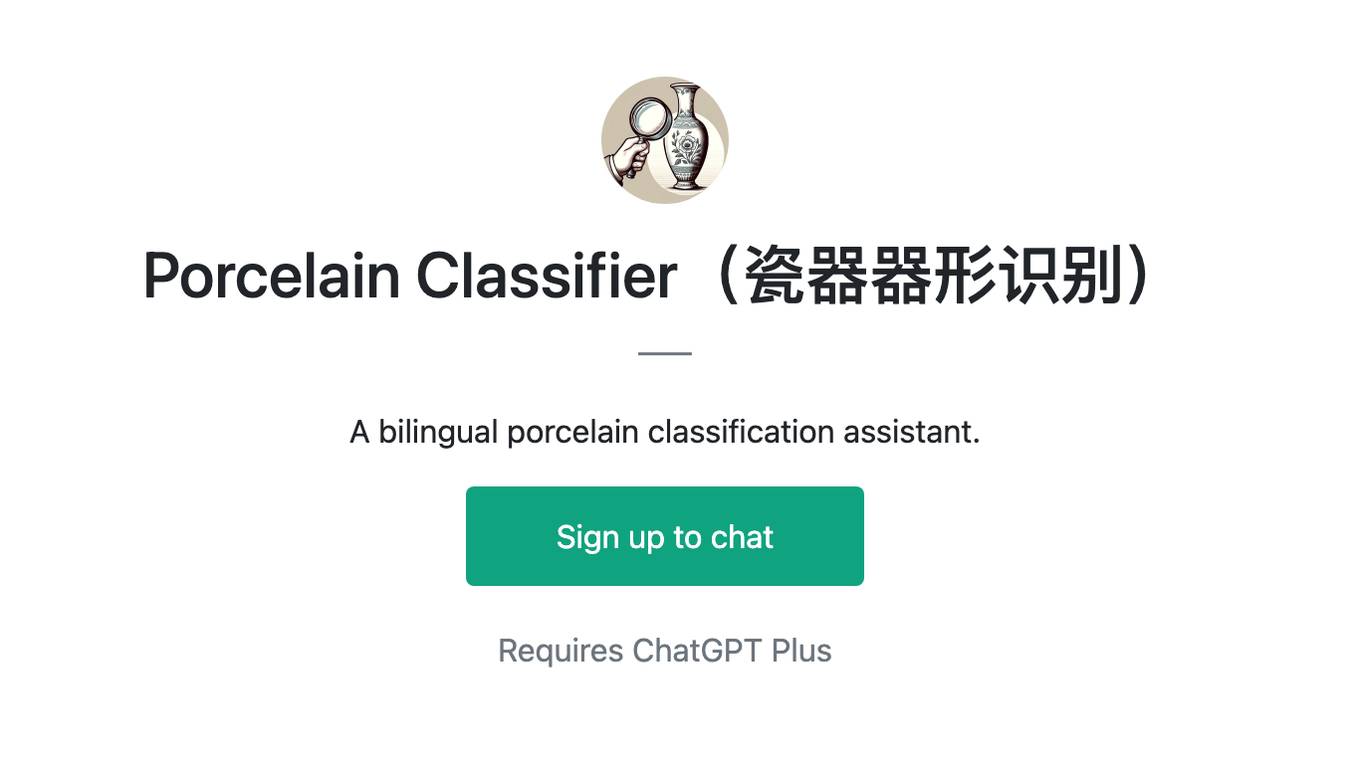Best AI tools for< Classified Ad Submissions >
Infographic
14 - AI tool Sites
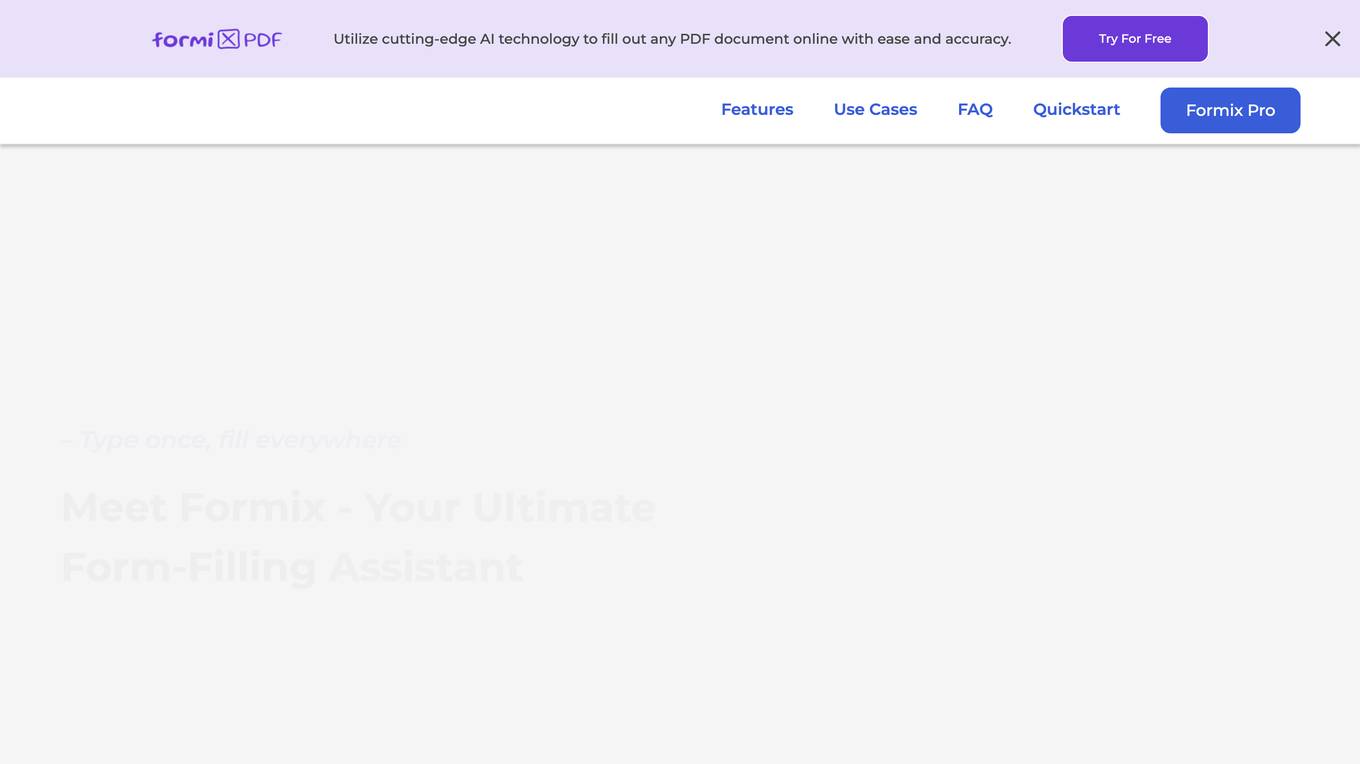
Formix
Formix is an AI-powered form-filling assistant that utilizes cutting-edge AI technology to fill out any PDF document or online form with ease and accuracy. It offers intelligent autofill features, data privacy, and universal compatibility with all types of online forms. Formix is ideal for job applications, e-commerce checkout optimization, and classified ad submissions, ensuring efficient and accurate form completion across various platforms.

SceneContext AI
SceneContext AI is an AI application that provides transparency and control for CTV (Connected TV) ads. It classifies millions of videos to help publishers and marketers enhance their CTV strategies by leveraging the latest Language Models for human-like understanding of video content. The application prioritizes privacy by focusing solely on content metadata and scene-level data, without the use of cookies or user data. SceneContext AI offers real-time insights, content recognition, ad placement verification, compliance automation, and personalized targeting to boost CTV deals.
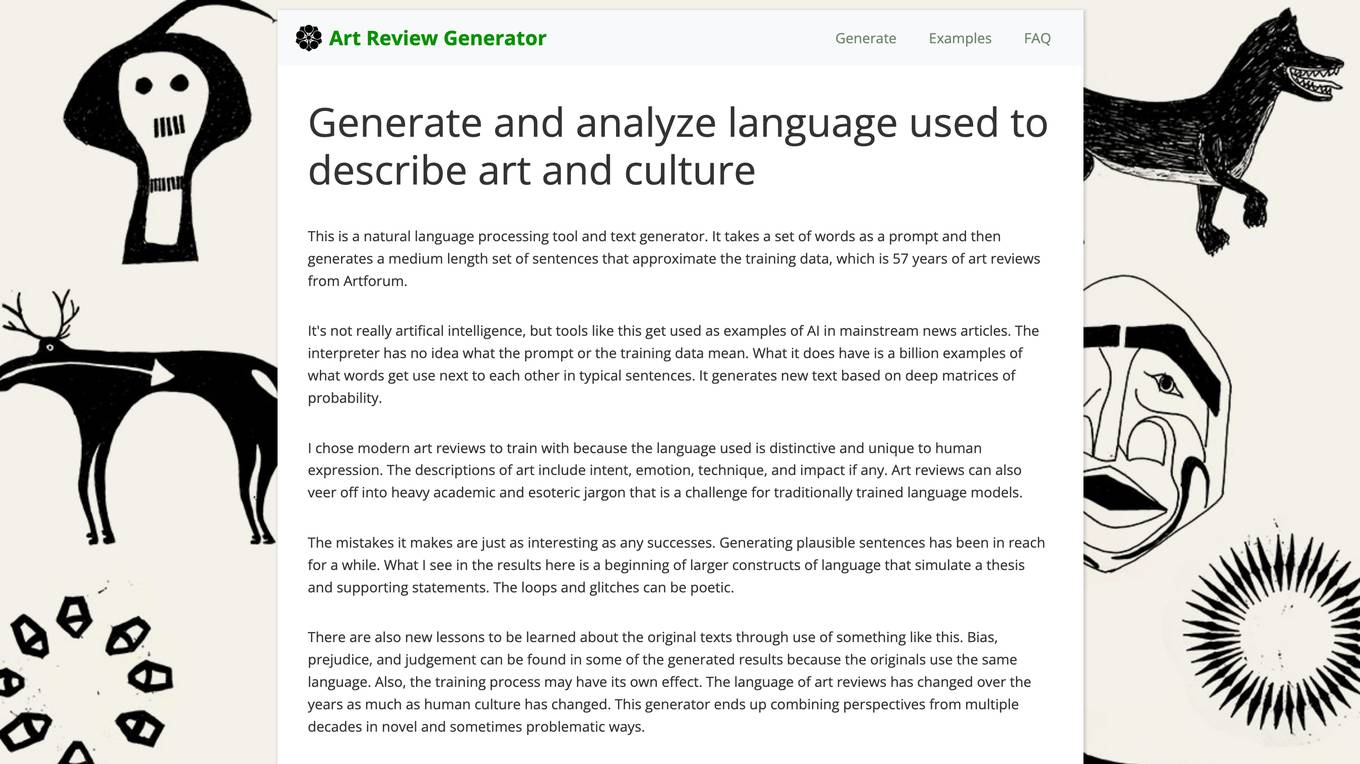
Art Review Generator
The Art Review Generator is a natural language processing tool and text generator that analyzes and generates language used to describe art and culture. It utilizes a vast amount of training data from 57 years of art reviews to create medium-length sentences. While not classified as artificial intelligence, it leverages deep matrices of probability to produce new text. The tool focuses on modern art reviews, capturing the distinctive language of human expression, including intent, emotion, technique, and impact. Despite potential biases and glitches, it offers insights into evolving language and cultural changes.

Allchemy
Allchemy is a resource-aware AI platform for drug discovery. It combines state-of-the-art computational synthesis with AI algorithms to predict molecular properties. Within minutes, Allchemy creates thousands of synthesizable lead candidates meeting user-defined profiles of drug-likeness, affinity towards specific proteins, toxicity, and a range of other physical-chemical measures. Allchemy encompasses the entire resource-to-drug design process and has been used in academic, corporate and classified environments worldwide to: Design synthesizable leads targeting specific proteins Evolve scaffolds similar to desired drugs Design “circular” drug syntheses from renewable materials Interface with and instruct automated synthesis platforms and optimize pilot-scale processes Operate “iterative synthesis” schemes Predict side reactions and create forensic “synthetic signatures” of hazardous/toxic molecules Design synthetic degradation and recovery cycles for various types of feedstocks and functional target molecules
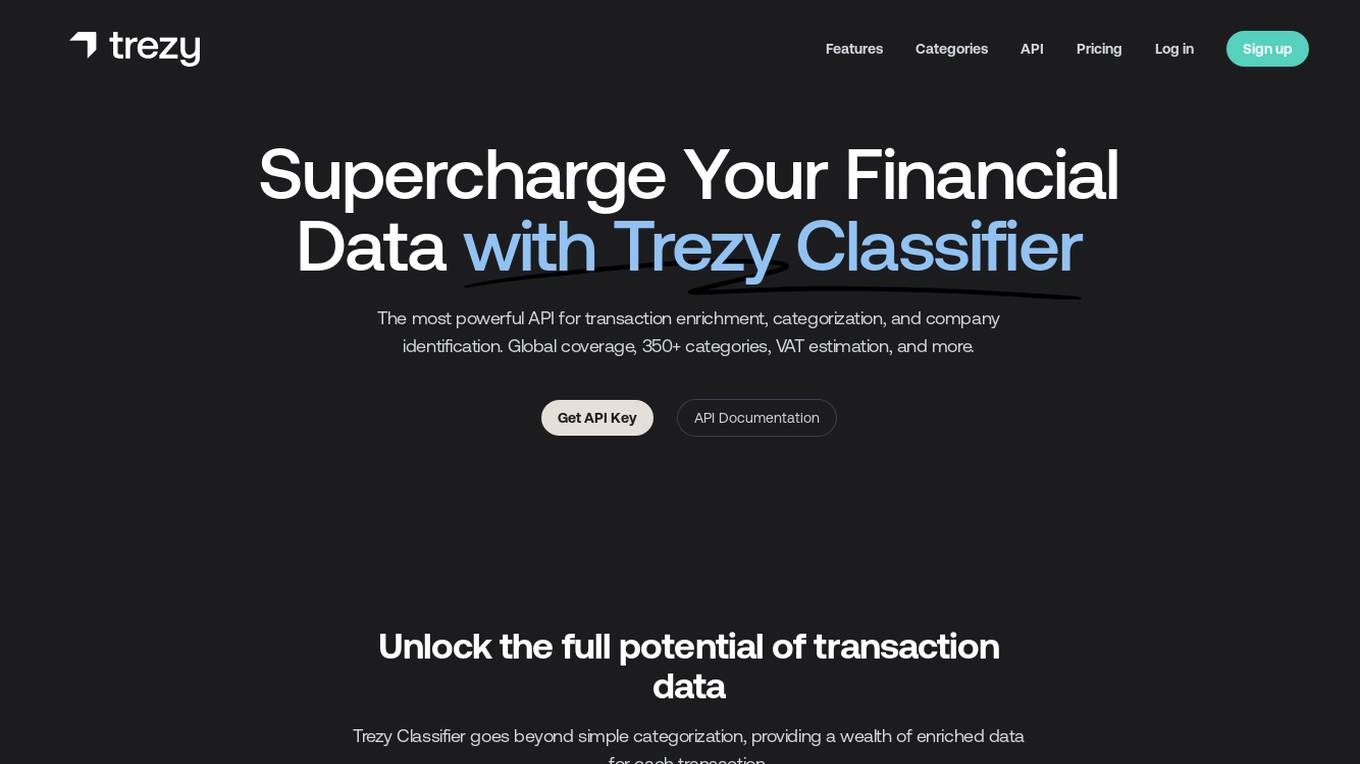
Trezy Classifier
Trezy Classifier is a powerful API designed for transaction enrichment, categorization, and company identification. It offers global coverage, 350+ categories, VAT estimation, and more. The API goes beyond simple categorization to provide enriched data for each transaction, making it easy to relate to ledger accounts. With features like supplier intelligence, VAT estimation, and simple integration, Trezy Classifier empowers users to gain real profitability insights from their transactions.
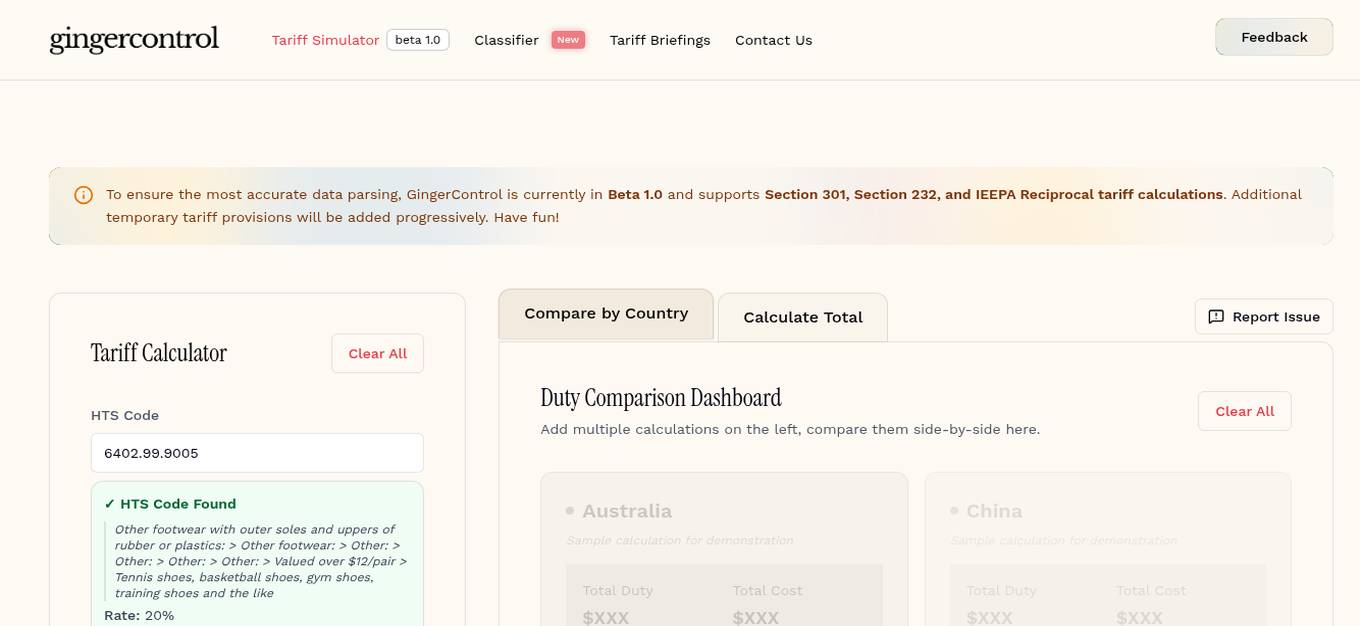
GingerControl - Classifier
GingerControl - Classifier is an AI tool designed to classify and categorize data efficiently. It utilizes advanced machine learning algorithms to analyze and sort information accurately. Users can easily upload their datasets and obtain organized results in a matter of seconds. The tool is user-friendly and suitable for both beginners and experienced professionals in various industries.
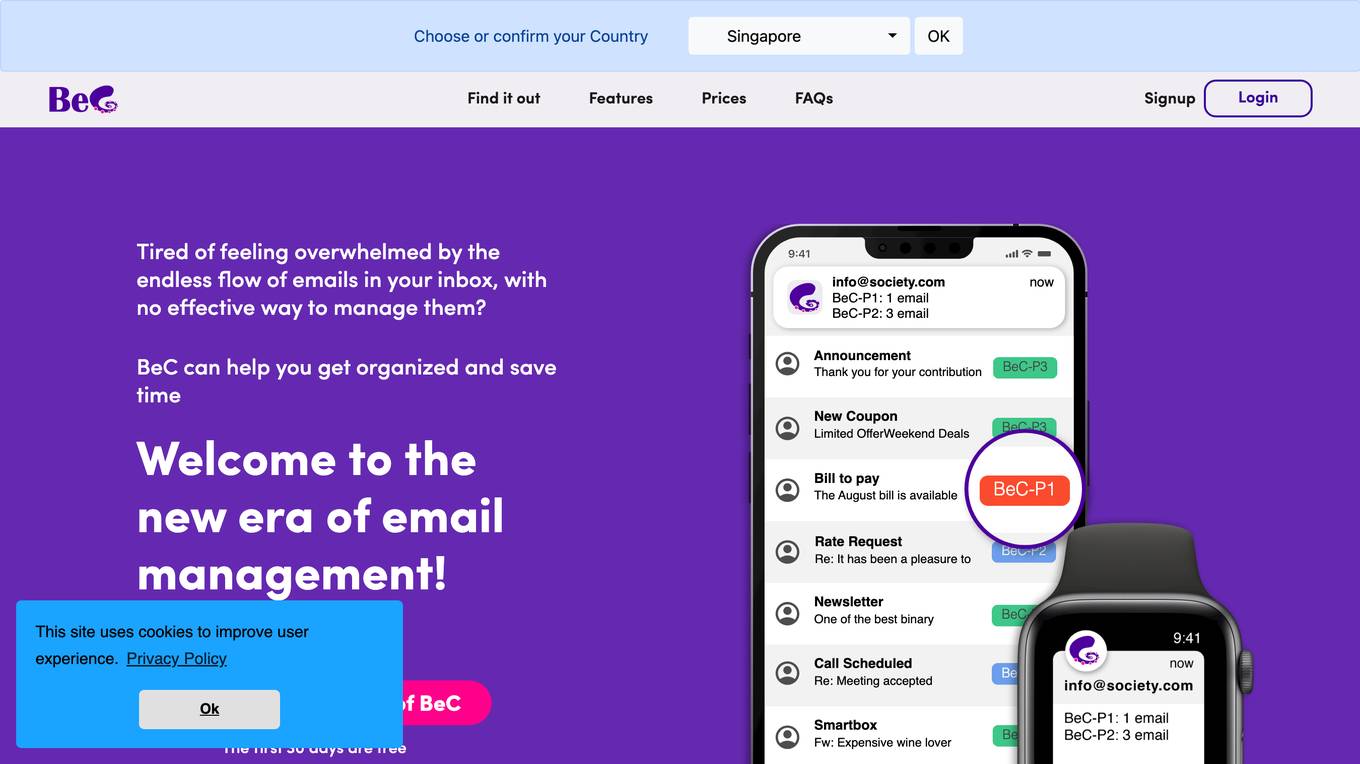
BeC
BeC is an AI-powered email management tool that revolutionizes the way users handle their inbox. By automatically organizing emails based on priority levels and providing personalized notifications, BeC helps users save time and stay focused. The tool integrates directly with existing email providers and clients, supporting multiple languages. With features like automatic email classification, priority-based notifications, and integration with various email services, BeC offers a seamless and efficient email management experience.
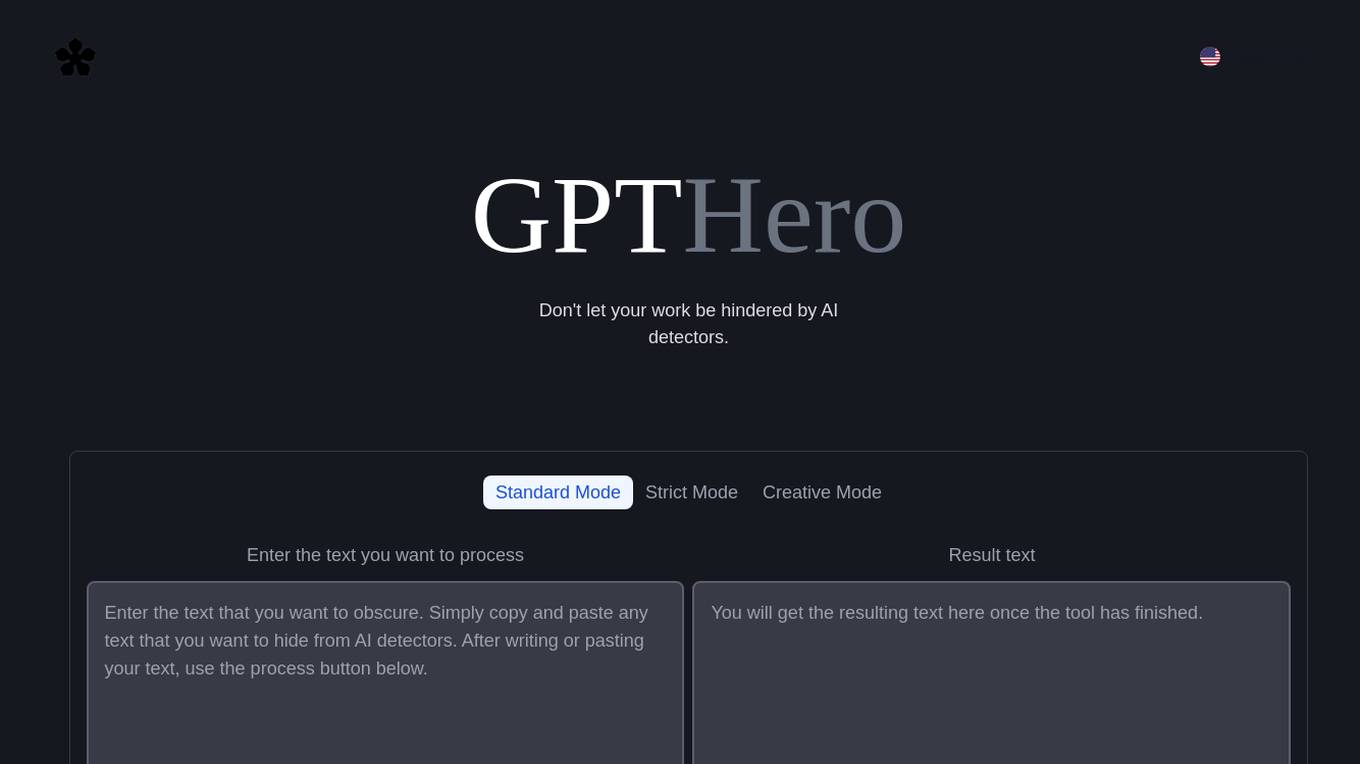
GPTHero
GPTHero is a free website that focuses on modifying text to bypass AI detectors. Users can input any text, and the algorithm will obscure it to make it seem more human. The platform aims to improve writing and research by utilizing AI technology while opposing AI detectors that hinder the use of GPT and other language models.
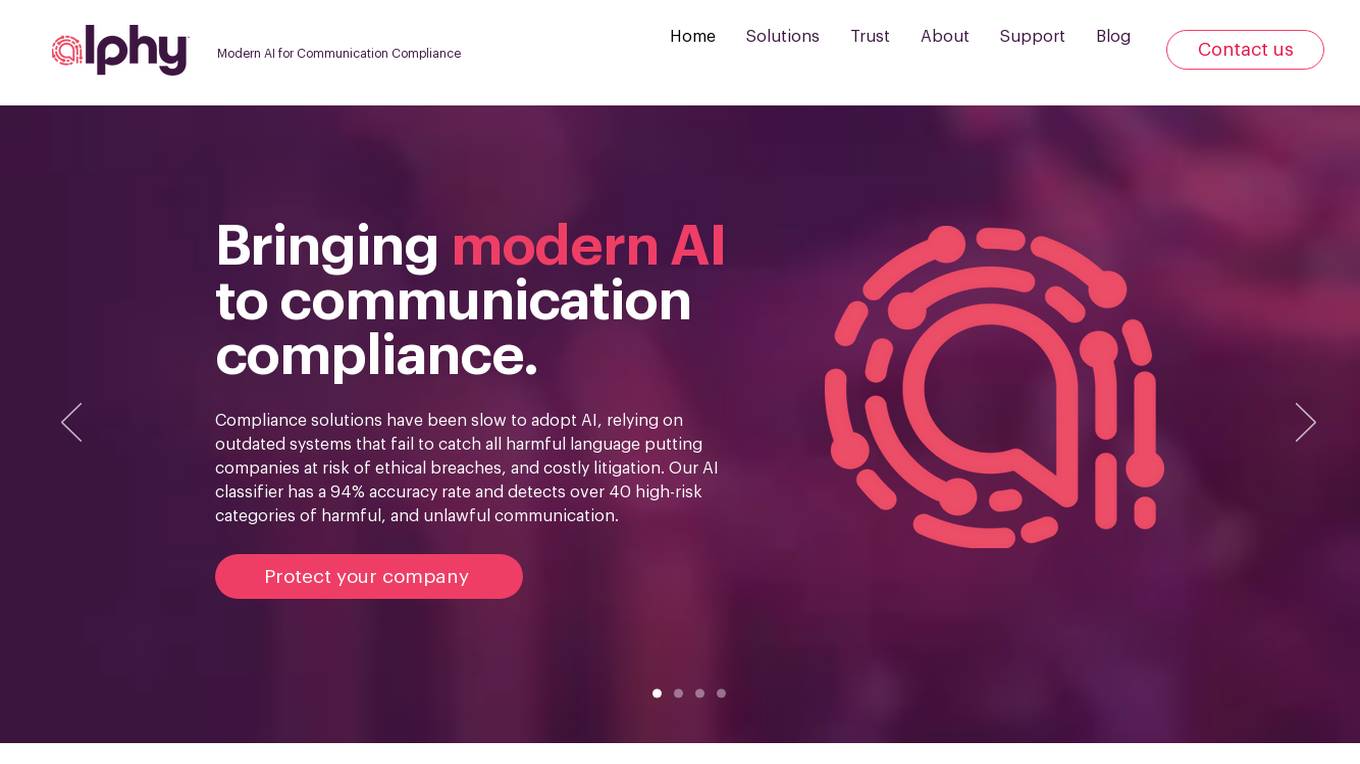
Alphy
Alphy is a modern AI tool for communication compliance that helps companies detect and prevent harmful and unlawful language in their communication. The AI classifier has a 94% accuracy rate and can identify over 40 high-risk categories of harmful language. By using Reflect AI, companies can shield themselves from reputational, ethical, and legal risks, ensuring compliance and preventing costly litigation.
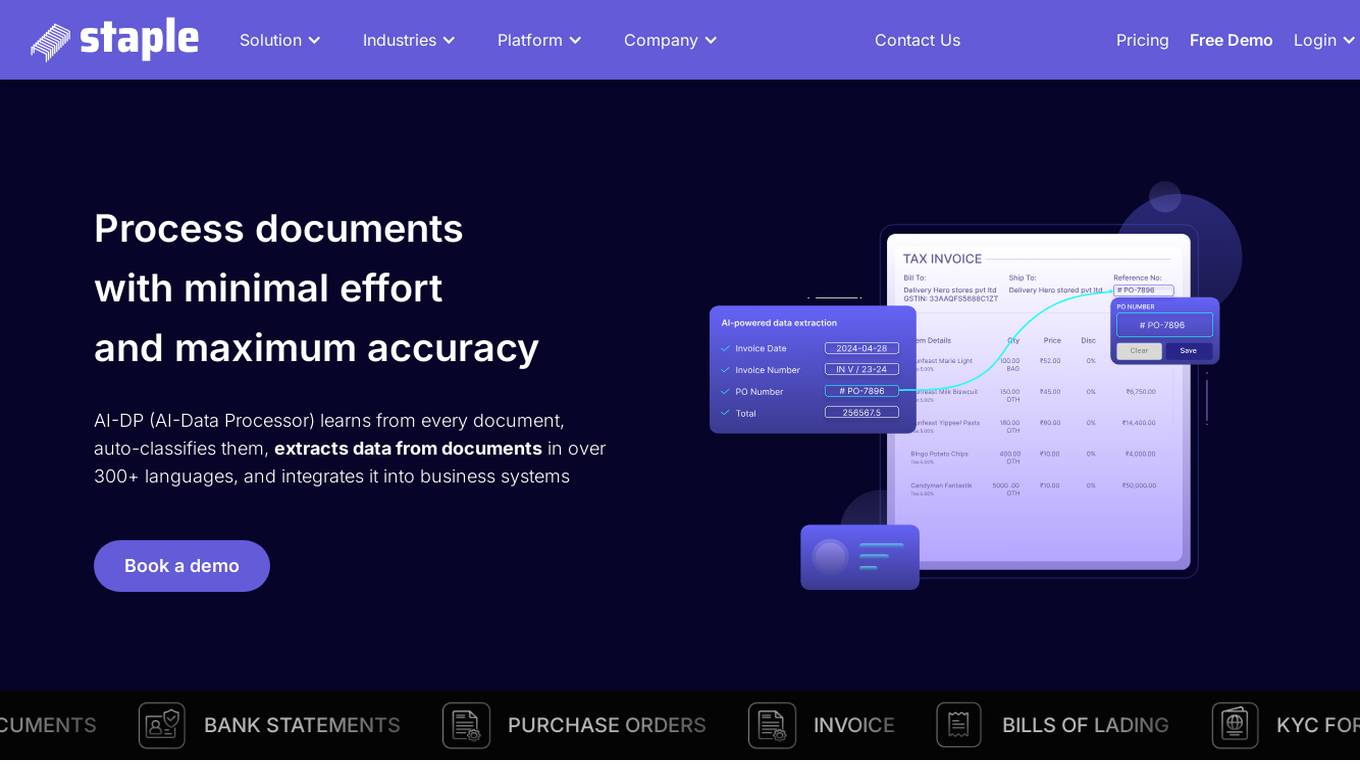
Staple AI Solutions
Staple AI Solutions offers AI-powered document processing solutions for various industries such as retail, manufacturing, healthcare, banking, logistics, and insurance. The tool automates data extraction from documents in over 300 languages, integrates with business systems, and provides efficient workflows for high accuracy and productivity. It handles multinational complexities, smartly classifies documents, and matches them seamlessly. Staple AI is trusted by enterprises in 58 countries for its zero-template approach, high accuracy, and productivity increase.
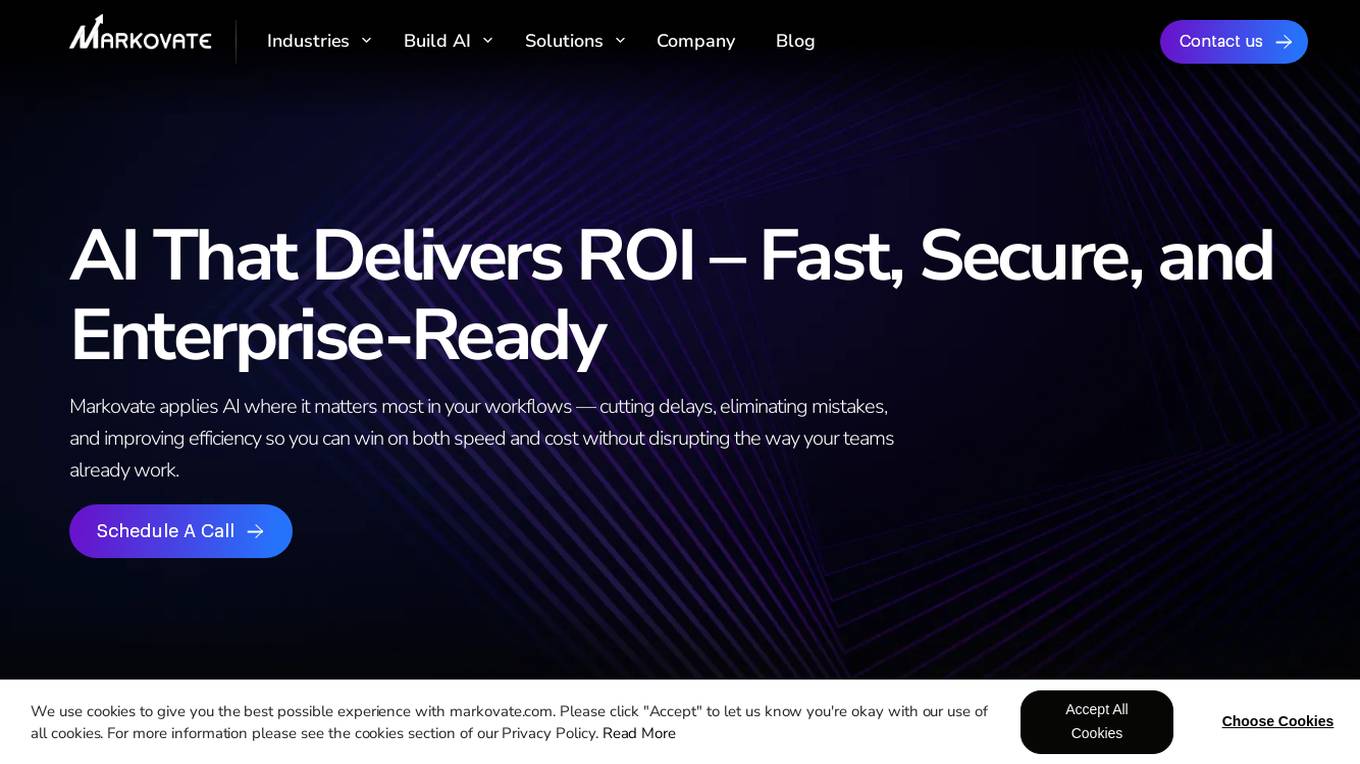
Markovate Solutions
Markovate Solutions is a generative AI company offering a wide range of AI solutions across industries such as healthcare, insurance, construction, and manufacturing. The company provides services like AI consulting, ML development, AI chatbots, and more to drive innovation and efficiency in various workflows. Markovate Solutions focuses on delivering fast, secure, and enterprise-ready AI applications that help businesses cut delays, eliminate mistakes, and improve efficiency. The company aims to address common challenges faced by data-driven businesses, such as long implementation cycles, unclear ROI, and compliance risks, by offering strategic insights, advanced technology, and proven ROI through documented case studies.
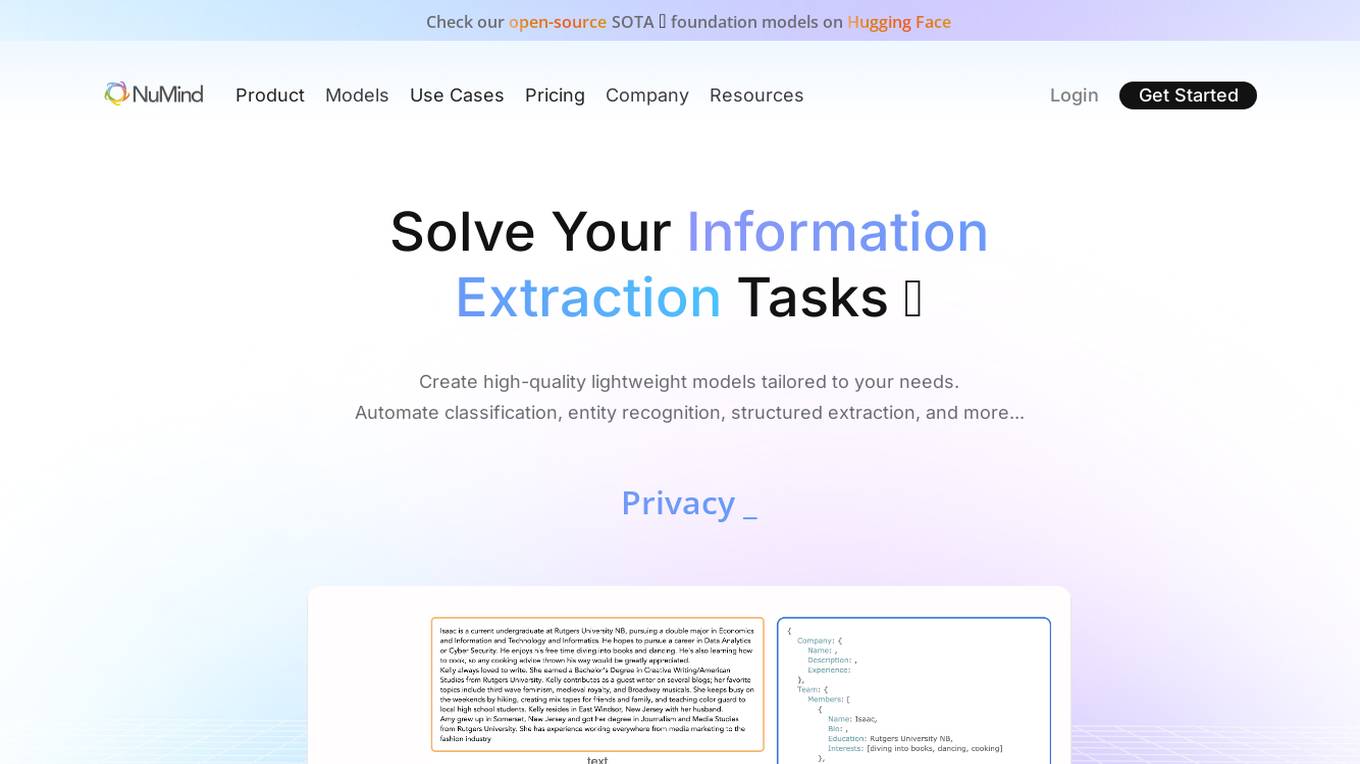
NuMind
NuMind is an AI tool designed to solve information extraction tasks efficiently. It offers high-quality lightweight models tailored to users' needs, automating classification, entity recognition, and structured extraction. The tool is powered by task-specific and domain-agnostic foundation models, outperforming GPT-4 and similar models. NuMind provides solutions for various industries such as insurance and healthcare, ensuring privacy, cost-effectiveness, and faster NLP projects.
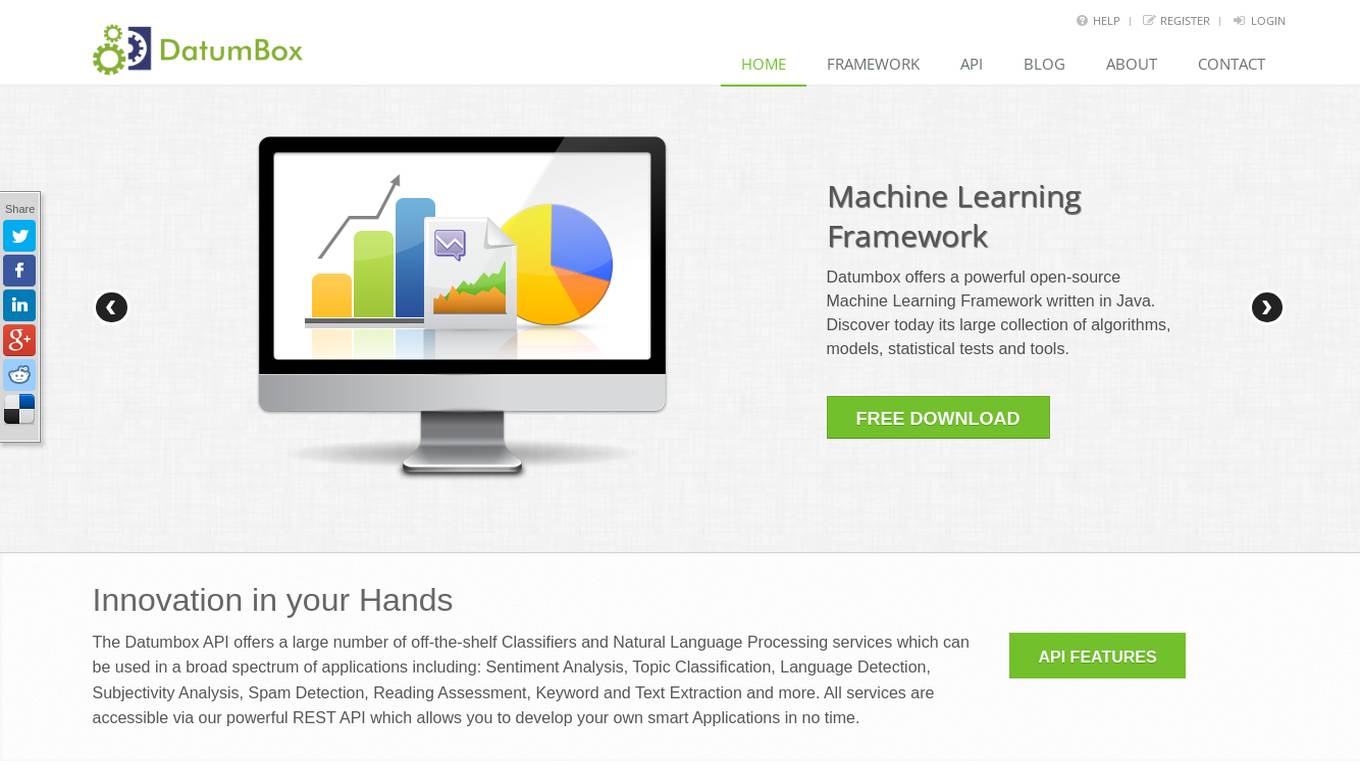
Datumbox
Datumbox is a machine learning platform that offers a powerful open-source Machine Learning Framework written in Java. It provides a large collection of algorithms, models, statistical tests, and tools to power up intelligent applications. The platform enables developers to build smart software and services quickly using its REST Machine Learning API. Datumbox API offers off-the-shelf Classifiers and Natural Language Processing services for applications like Sentiment Analysis, Topic Classification, Language Detection, and more. It simplifies the process of designing and training Machine Learning models, making it easy for developers to create innovative applications.
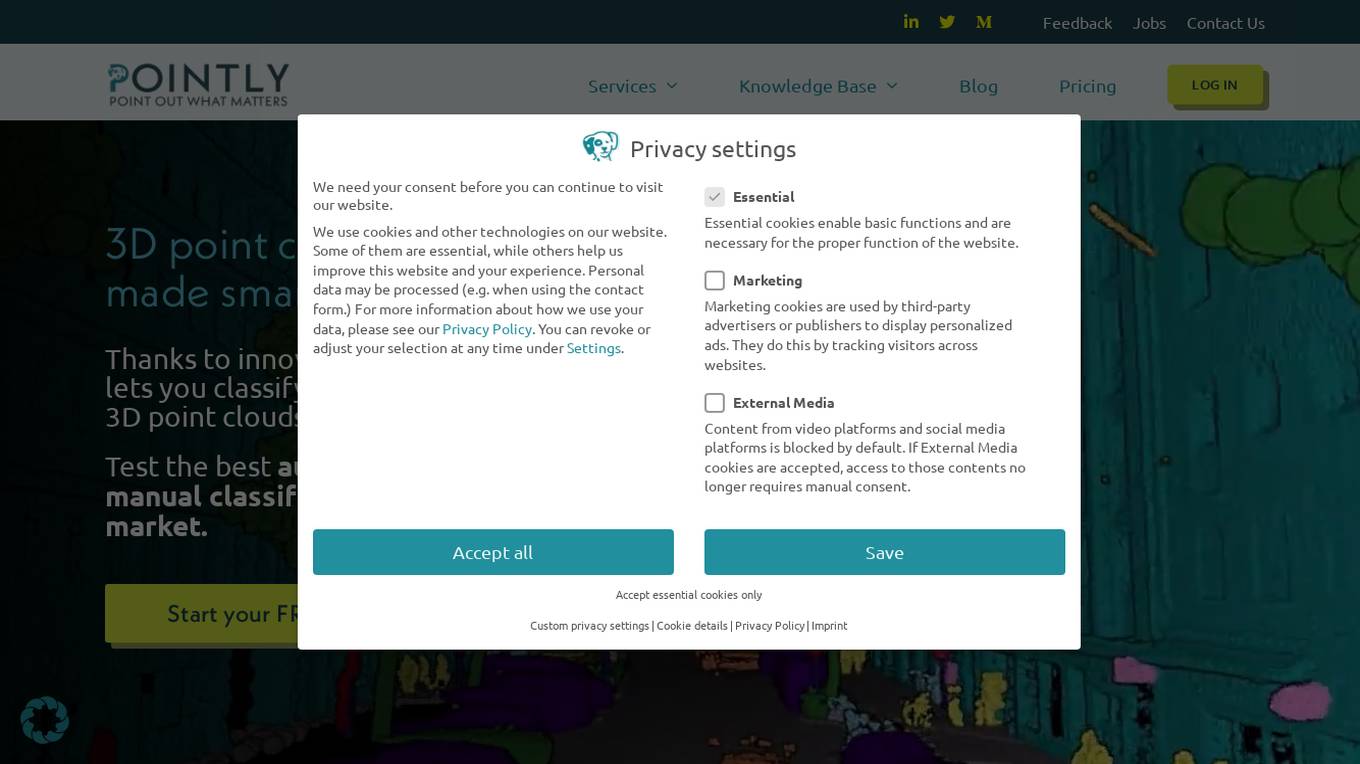
Pointly
Pointly is an intelligent, cloud-based B2B software solution that enables efficient automatic and advanced manual classification in 3D point clouds. It offers innovative AI techniques for fast and precise data classification and vectorization, transforming point cloud analysis into an enjoyable and efficient workflow. Pointly provides standard and custom classifiers, tools for classification and vectorization, API and on-premise classification options, collaboration features, secure cloud processing, and scalability for handling large-scale point cloud data.
0 - Open Source Tools
5 - OpenAI Gpts
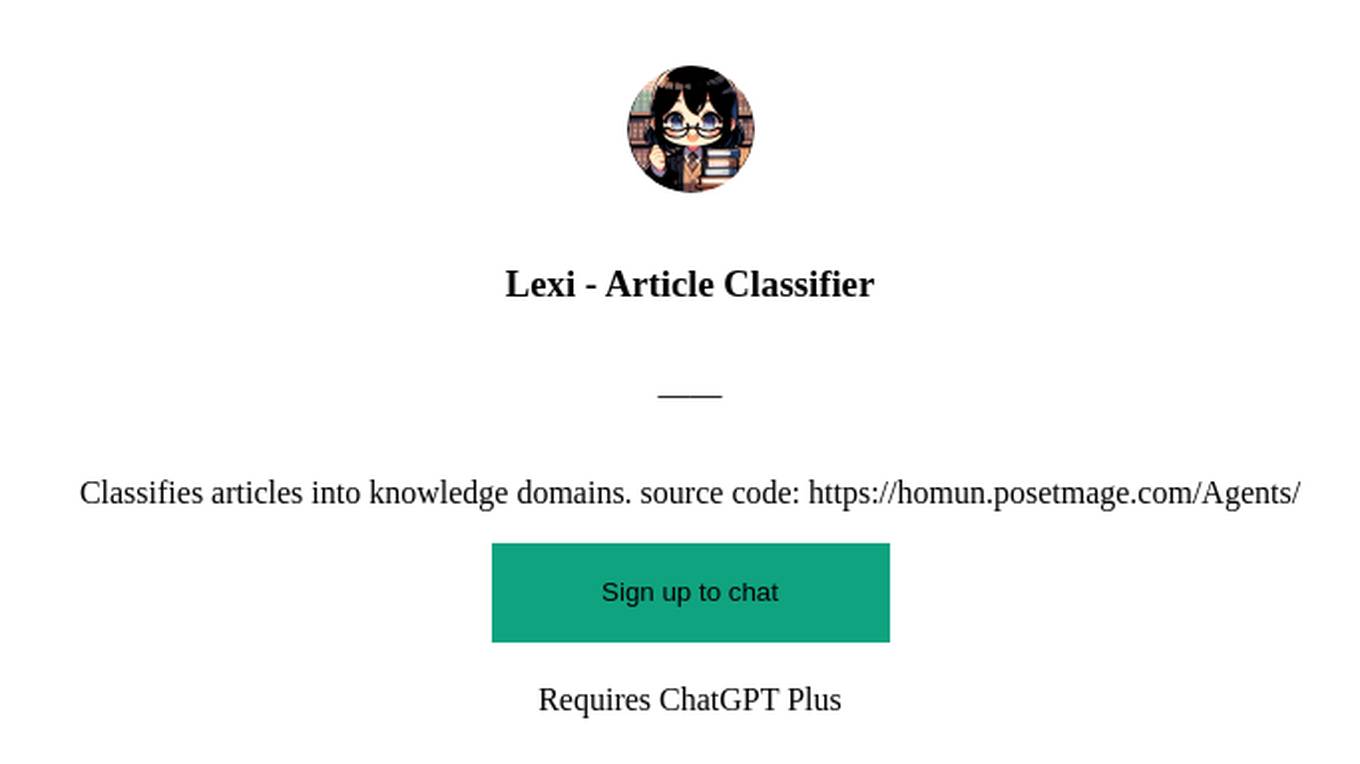
Lexi - Article Classifier
Classifies articles into knowledge domains. source code: https://homun.posetmage.com/Agents/
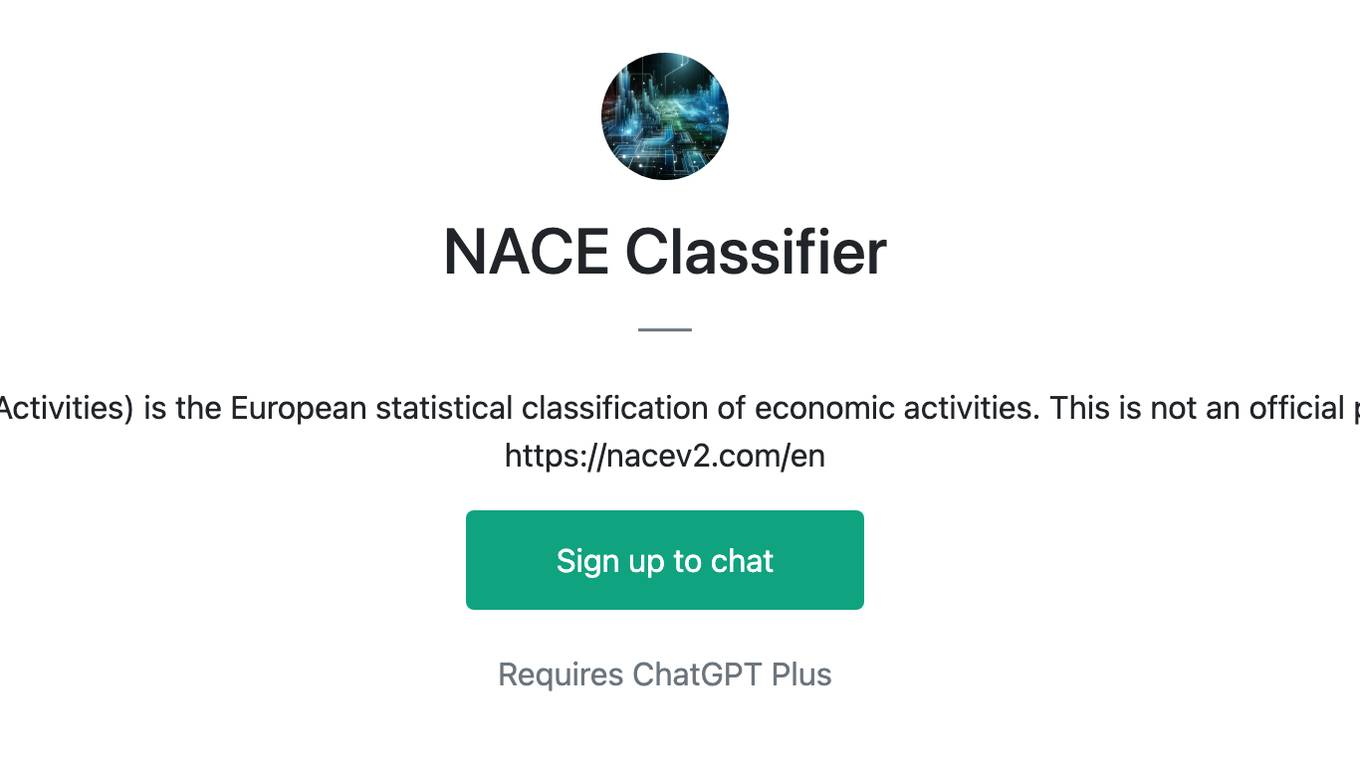
NACE Classifier
NACE (Nomenclature of Economic Activities) is the European statistical classification of economic activities. This is not an official product. Official information here: https://nacev2.com/en
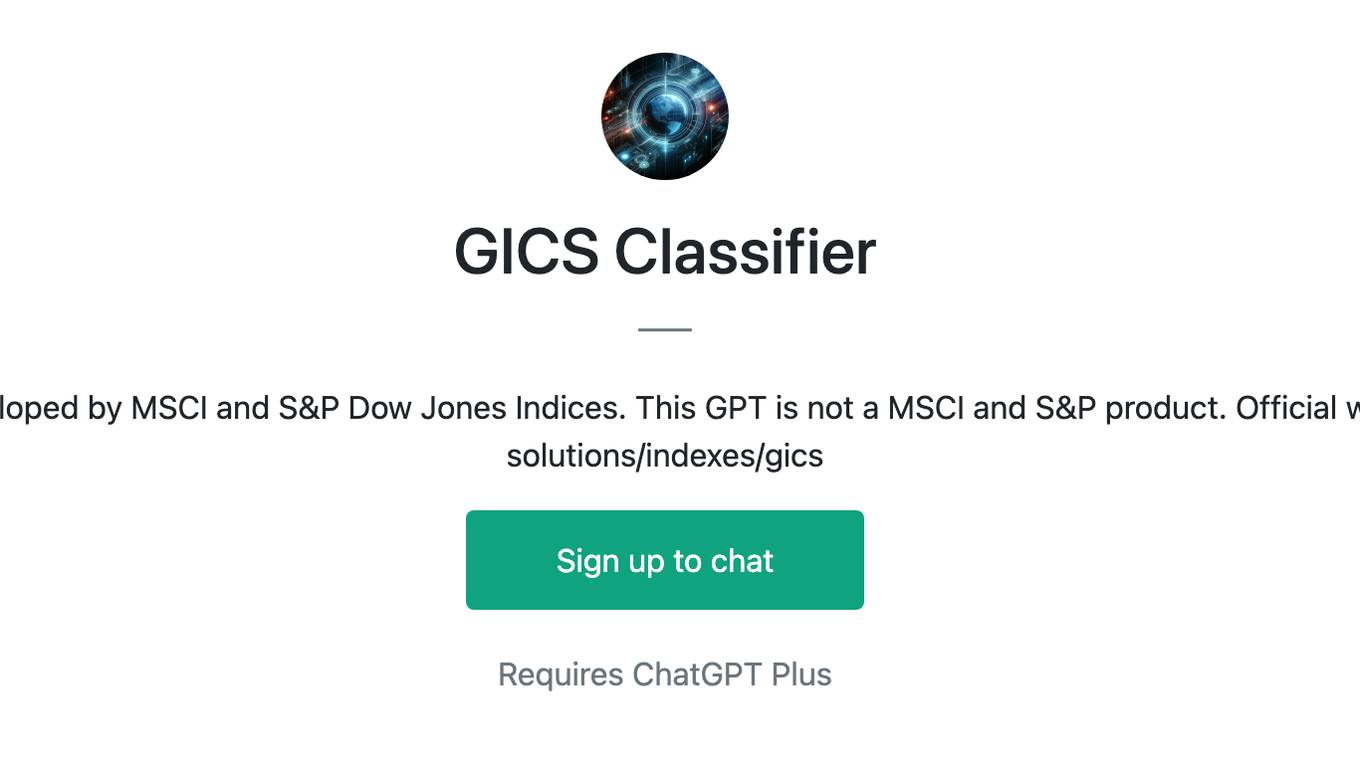
GICS Classifier
GICS is a classification standard developed by MSCI and S&P Dow Jones Indices. This GPT is not a MSCI and S&P product. Official website : https://www.msci.com/our-solutions/indexes/gics
